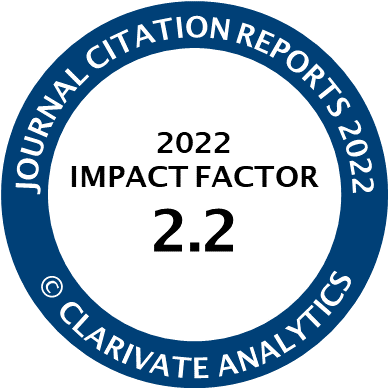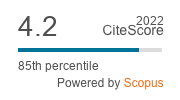Article | Open Access
Locating Leadership and Political Will in Social Policy: The Story of India’s MGNREGA
| Views: | 2530 | | | Downloads: | 1188 |
Abstract: The term ‘political will’ is often conveniently used to explain the success or failure of any policy or programme. It has emerged as the “sine qua non of policy success which is never defined except by its absence” (Hammergren, 1998, p. 12). Therefore, a structured examination of the term is necessary to analyse social policy and programming. The Mahatma Gandhi National Rural Employment Guarantee Act (MGNREGA), enacted by India’s United Progressive Alliance government in 2005, offers a compelling case to examine the role of ‘political will’ in the formulation of a major programme. The evolution of the MGNREGA, which has been described by the World Bank as the largest antipoverty state-run employment-generation scheme anywhere in the world (Dutta, Murgai, Ravallion, & van de Walle, 2014), depended significantly on leadership and political commitment in the legislature and the executive, as well as their coordination and substantive engagement with civil society, represented through non-governmental organisations and activists. We explore the complex power relations between the diverse range of actors involved in the MGNREGA, and gauge the role of leadership and political will in the formulation of the MGNREGA, as carried out by the United Progressive Alliance government between 2005 and 2014, in contrast to the manner in which it was reframed and retained by its successor dispensation, the National Democratic Alliance from 2014 onwards. We then examine the MGNREGA, utilising a framework which expands our understanding of political will as being contingent upon leadership at the individual, collective and societal levels (Hudson, Mcloughlin, Roche, & Marquette, 2018), thereby providing us with greater explanatory power.
Keywords: coalitions; developmental leadership; employment; framing; India; leadership; MGNREGA; policy formulation; political leadership; social policy
Published:
© Ujjwal Krishna, Chris Roche. This is an open access article distributed under the terms of the Creative Commons Attribution 4.0 license (http://creativecommons.org/licenses/by/4.0), which permits any use, distribution, and reproduction of the work without further permission provided the original author(s) and source are credited.




